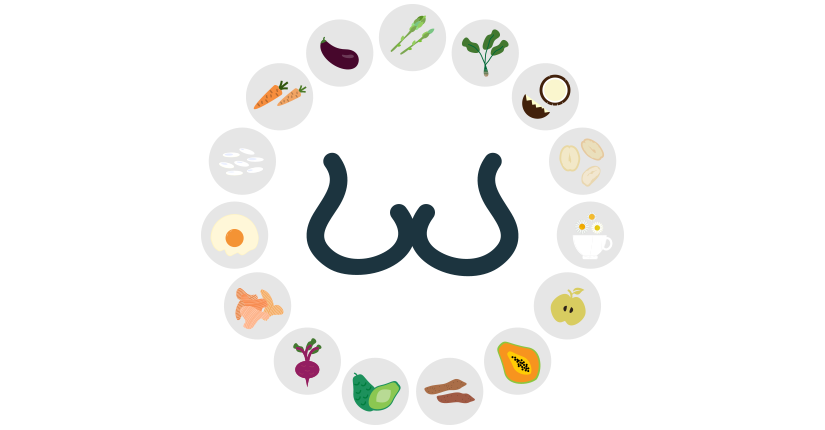Health Risks of Not Breastfeeding for Mothers & Infants
By Nmami Agarwal 06-Aug 2020 Reading Time: 4 Mins

Exclusive breastfeeding with no additional supplemental fluids or solid foods is the best practice for about the first 6 months of life and is recommended for optimal infant growth and development. The World Health Organization (WHO) recommends at least 2 years of breastfeeding for all infants.
Paediatricians have a critical role in their individual practices, communities, and society at large to serve as advocates and supporters of successful breastfeeding.
Lactation suppresses ovulation, leading to lactation amenorrhea. In addition, lactogenesis leads to terminal differentiation of breast tissue with potential long-term effects on malignant transformation. These effects may mediate associations between breastfeeding and breast and ovarian cancer.
If a baby is weaned before 12 months of age, the child should receive iron-fortified infant formula, not cow’s milk.
Health risks for infants:
For infants, not being breastfed is linked with an increased incidence of infectious morbidity, as well as elevated risks of childhood obesity, type 1 and type 2 diabetes, leukemia, and sudden infant death syndrome.
Compared with breastfed infants, formula-fed infants face higher risks of infectious morbidity in the first year of life.
Few other risks for newborns could be:
- Otitis Media
- Lower Respiratory Tract Infection
- Gastrointestinal Infections
- Obesity and Metabolic Disease
- Neurodevelopment
- Sudden Infant Death Syndrome (SIDS)
- Infant Mortality
Health risks for mothers:
Obstetricians are uniquely positioned to counsel mothers about the health impact of breastfeeding and to ensure that mothers and infants receive appropriate, evidence-based care, starting at birth. Early in prenatal care, the obstetrician can prepare mothers to address potential obstacles to breastfeeding.
For mothers, failure to breastfeed is associated with risk of an increased incidence of premenopausal breast cancer, ovarian cancer, retained gestational weight gain, type 2 diabetes, myocardial infarction, and the metabolic syndrome. A premature infant who can’t receive breast milk is associated with an increased risk of necrotizing enterocolitis (NEC).
Health outcomes differ substantially for mothers who formula feed compared with those who breastfeed.
Benefits of breastfeeding:
- It has also been shown that women who breastfeed have a decreased risk of hypertension, high cholesterol, and diabetes.
- Mothers who have breastfed for greater than 23 months total have lesser risk of myocardial infarction when compared to women who have never breastfed.
- Physical contact is essential to neonates and can help them feel more secure and warm. Breastfeeding requires a mother to take some quiet relaxed time for herself and her baby, helping them bond.
- Results of a recent research study showed that, compared to mothers who were formula feeding, mothers who were breastfeeding had greater responses to infant cues in brain regions implicated in maternal-infant bonding and empathy during the early postpartum period.
Over to you
Breastfeeding should be continued through the first year of life and beyond as mutually desired by mother and child.





















